What Is the Biggest Red Flag in a Home Inspection? A Guide for Homebuyers
Buying a home is one of the most significant investments you’ll ever make, and a home inspection plays a critical role in ensuring that investment is sound. During this process, inspectors evaluate the condition of the property and identify potential issues. While many findings are minor or easily fixable, some red flags can indicate serious problems that could affect your decision to purchase the home.
So, what is the biggest red flag in a home inspection? While the answer may vary depending on the home’s unique circumstances, structural issues are often considered the most concerning. Let’s explore why structural problems top the list, other potential red flags to watch for, and how to handle them if they arise.

Why Structural Issues Are the Biggest Red Flag
The foundation and structural components of a home are essential to its stability and safety. Issues such as cracks in the foundation, sagging floors, or compromised support beams can indicate significant underlying problems. These are not only costly to repair but can also make the home unsafe for living.
Common Structural Red Flags:
- Foundation Cracks: Large or uneven cracks may signal shifting or settling that could lead to severe structural damage.
- Sagging or Bowing Walls: This can indicate compromised structural integrity due to water damage, poor construction, or foundation issues.
- Uneven Floors: Floors that slope or feel unstable may point to problems with the foundation or support beams.
- Sticking Doors and Windows: Difficulty opening or closing doors and windows could be a sign of foundation movement.
Other Significant Red Flags in a Home Inspection
While structural issues are a top concern, other significant problems can also raise red flags during a home inspection:
Roof Damage
- A damaged or aging roof can lead to leaks, water damage, and costly repairs. Look for missing shingles, sagging areas, or signs of water intrusion in the attic.
Electrical Problems
- Outdated or faulty wiring is a serious safety hazard that can lead to fires. Signs to watch for include aluminum wiring, overloaded panels, or amateur electrical work.
Plumbing Issues
- Leaking pipes, low water pressure, or signs of water damage can indicate underlying plumbing problems. Sewer line issues, in particular, can be very expensive to repair.
HVAC System Concerns
- An old or poorly maintained heating, ventilation, and air conditioning (HVAC) system can lead to inefficient operation, higher energy costs, and eventual replacement expenses.
Water Damage and Mold
- Signs of water damage, such as stains, odors, or visible mold, can indicate ongoing moisture issues. Mold not only damages the property but also poses health risks.
Pest Infestations
- Evidence of termites or rodents can indicate damage to the structure or insulation of the home. Pest problems often require immediate attention and mitigation.
What to Do If a Red Flag Is Identified
If your home inspector identifies a major issue, don’t panic. Here’s how to handle it:
- Request Further Evaluation: Hire a specialist, such as a structural engineer or roofer, to assess the extent of the problem and provide repair estimates.
- Negotiate with the Seller: Use the inspection report as leverage to ask for repairs, a price reduction, or credits to address the issue.
- Consider the Long-Term Costs: Evaluate whether the home is still a good investment after factoring in the cost of repairs.
- Walk Away If Necessary: If the red flag is too significant and the seller isn’t willing to accommodate, it might be best to look for another property.
Why a Professional Home Inspection Is Essential
A professional home inspection is the best way to uncover potential red flags before you commit to a purchase. Inspectors are trained to spot issues that the average buyer might miss, giving you the knowledge to make an informed decision.
Work with Local Pro Home Inspection LLC
At Local Pro Home Inspection LLC, we specialize in thorough, professional inspections that help buyers protect their investment. Our experienced inspectors know how to identify major red flags and provide detailed reports to guide your next steps.
Don’t leave your home purchase to chance—schedule your inspection with Local Pro Home Inspection LLC today and gain peace of mind knowing your potential new home has been thoroughly evaluated.
Contact us today to book your home inspection or learn more about our services. Let us help you make your dream home a safe and secure reality.
You might also like









